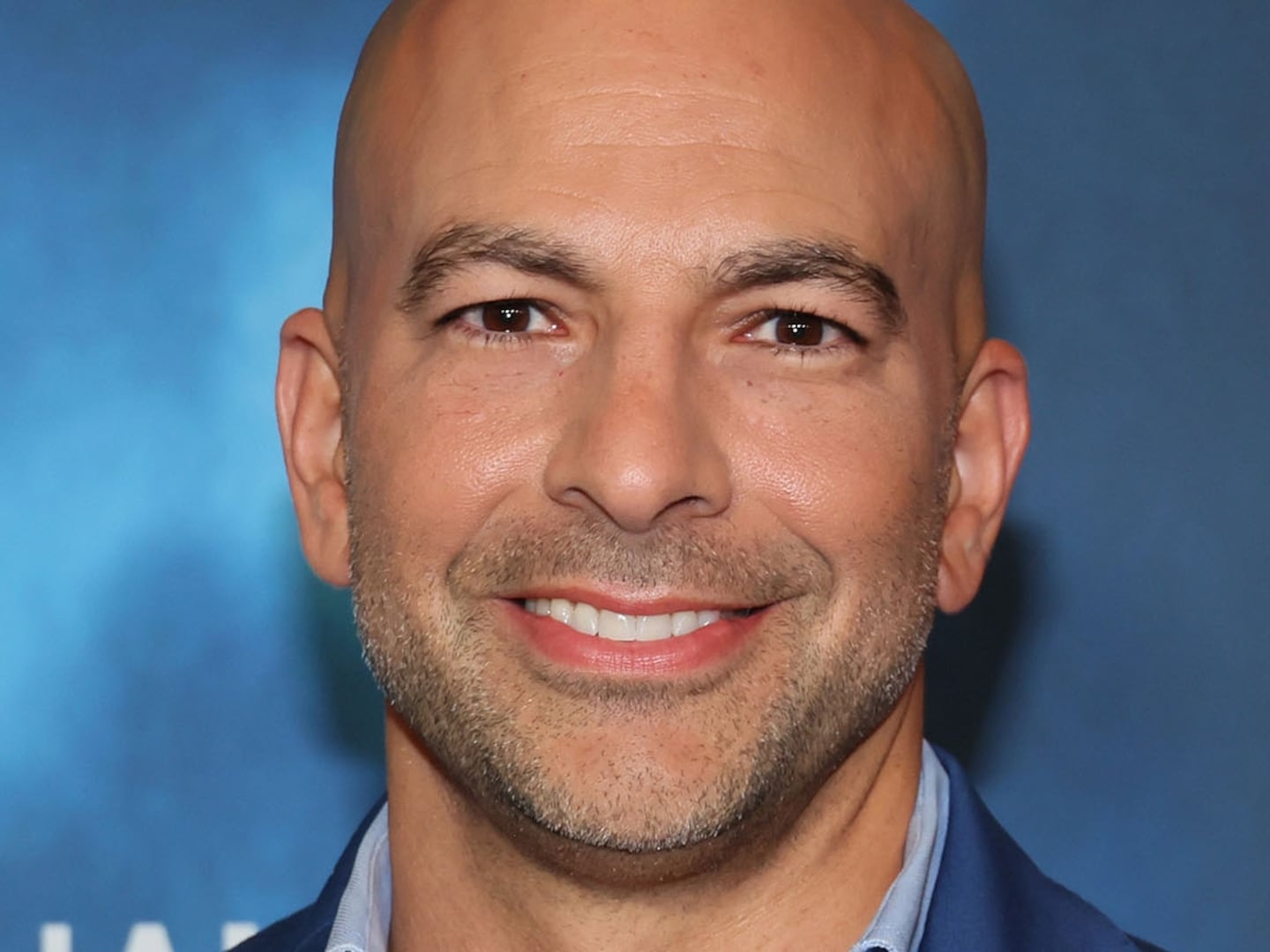Yes, the House Democrats do look weak right now. But what exactly can they do? Impeach the bastard, you say. Well, OK. So they open impeachment hearings, and… the Trump White House puts up the same stone wall it has already erected with regard to answering subpoenas and so on. So no documents are procured, and no one shows up to testify. Judiciary Committee Republicans boycott the whole thing.
Some impeachment hearings. And yes, I understand that impeachment triggers certain required legal responses, but presumably the White House will just ignore those, too.
This isn’t the 1970s, and Donald Trump isn’t Richard Nixon. He’s far, far worse, as is today’s Republican Party. In 1973, the Senate voted unanimously, 77-0, to form its special Watergate committee. Two months after that vote, on April 17, the Nixon White House announced that staff would appear before it. That led to John Dean implicating the president in the cover up and Alexander Butterfield acknowledging that Nixon used a taping system in the Oval Office. So the lesson the American right has taken from that episode is: don’t cooperate. And it meshes perfectly with Trump’s authoritarian instincts.
I know, that wasn’t the House Judiciary Committee, which moved much faster in 1974. It didn’t take testimony from a big parade of witnesses. It passed its articles of impeachment over a mere three days in late July 1974. However, of course, already in the public record was the 250-plus hours of testimony taken by the Senate committee. Also, the House didn’t move until after the Supreme Court decided that Nixon had to hand over the tapes. Indeed, that 8-0 decision is what compelled the House to act.
OK, you say, maybe that's not a viable model, since Senate Republicans would never vote to create a select committee. But what about the Clinton impeachment? Well, it's not a good model, either. Oh, I’ll admit that it cannot be said that the House Judiciary Committee of late 1998 looked weak. It looked very strong. And very batshit insane. Consider the timeline:
October 8: Republicans announce they’ll hold impeachment hearings.
Late October-early November: GOP candidates across America campaign on Clinton’s infidelity and their promise to impeach.
November 3: They lose five House seats in the midterm election.
November 6: Newt Gingrich announces he will resign, not wholly because of the disastrous election, but it was obviously the precipitating factor.
November 9: They proceed with impeachment anyway.
First week of December: Judiciary hears from witnesses, including some from the cooperating Clinton White House.
December 11: House approves three articles of impeachment.
December 12 to today: They are generally regarded as having been out of their fucking minds.
If you want the Democrats to use the 1998 Republicans as their model, I urge you to think that through. Remember, Clinton couldn’t seek reelection in 2000. If he had been able to—as Trump would be after an impeachment vote this fall—there’s close to zero doubt he’d have won. He left office with an approval rating around 70 percent thanks to the Republicans.
Trump is a far, far less popular president today than Clinton was then, as Sidney Blumenthal recently pointed out. But he's at 42. An impeachment seen as partisan by independent voters could lift that number. And I don't want to see the guy getting anywhere near 50.
So we circle back to the question: What can the House Democrats do right now? Not a lot. But also not nothing. They can do three things.
First, they absolutely have to get Robert Mueller up there as soon as possible. It seems that Bill Barr is somehow delaying his departure from Justice Department employment, and that Mueller is being passive about this. They really need to work Mueller to get him to close down his office and leave the department and get up there. Let the American people see this credible witness say in person some of the things the report says in print about Trump’s personal role in obstructing justice. That should move the needle.
Second, if they can’t get any witnesses from the administration to come before them, produce expert witnesses of their own. Get a parade of legal and constitutional scholars up there. Around 800 former federal prosecutors signed a letter earlier this month stating that Trump did obstruct justice. Some of them are Republicans. Get them up there, if they’ll do it. Have other legal and political experts testify defending the Russia probe and describing the various ways in which Trump has subverted the Constitution. The Republicans on the committee will call their witnesses too. Fine. Let the country judge.
Third, they need a much stronger rhetoric. They need common talking points that emphasize that Trump has obstructed justice and is subverting the Constitution right now in refusing to answer subpoenas. Nancy Pelosi shouldn’t pooh-pooh impeachment. I happen to agree with her politically under present conditions, but even so, she is the leader of the House Democrats. She (and others) shouldn’t say things that depress the base.
They should all be saying things that, over the course of time, will change conditions; things that will help shift public opinion toward agreeing that impeachment is legitimate and necessary course of action.
Once a majority of independents agrees with them, they can do it without excess fear of blow back. And even if they don’t impeach because it’s too close to election time, well, if that many Americans agree that Trump ought to be impeached, there’d be almost no way he could win the election.
At some point, the Democrats are going to need a court, ideally the Supreme Court, to say that Trump must honor their subpoenas. Then they get to question Don McGahn and others, and it’s a new ball game. Until then, there are going to be a lot of frustrating weeks. But Democrats have a big power: the power of the gavel. They need to use it.







